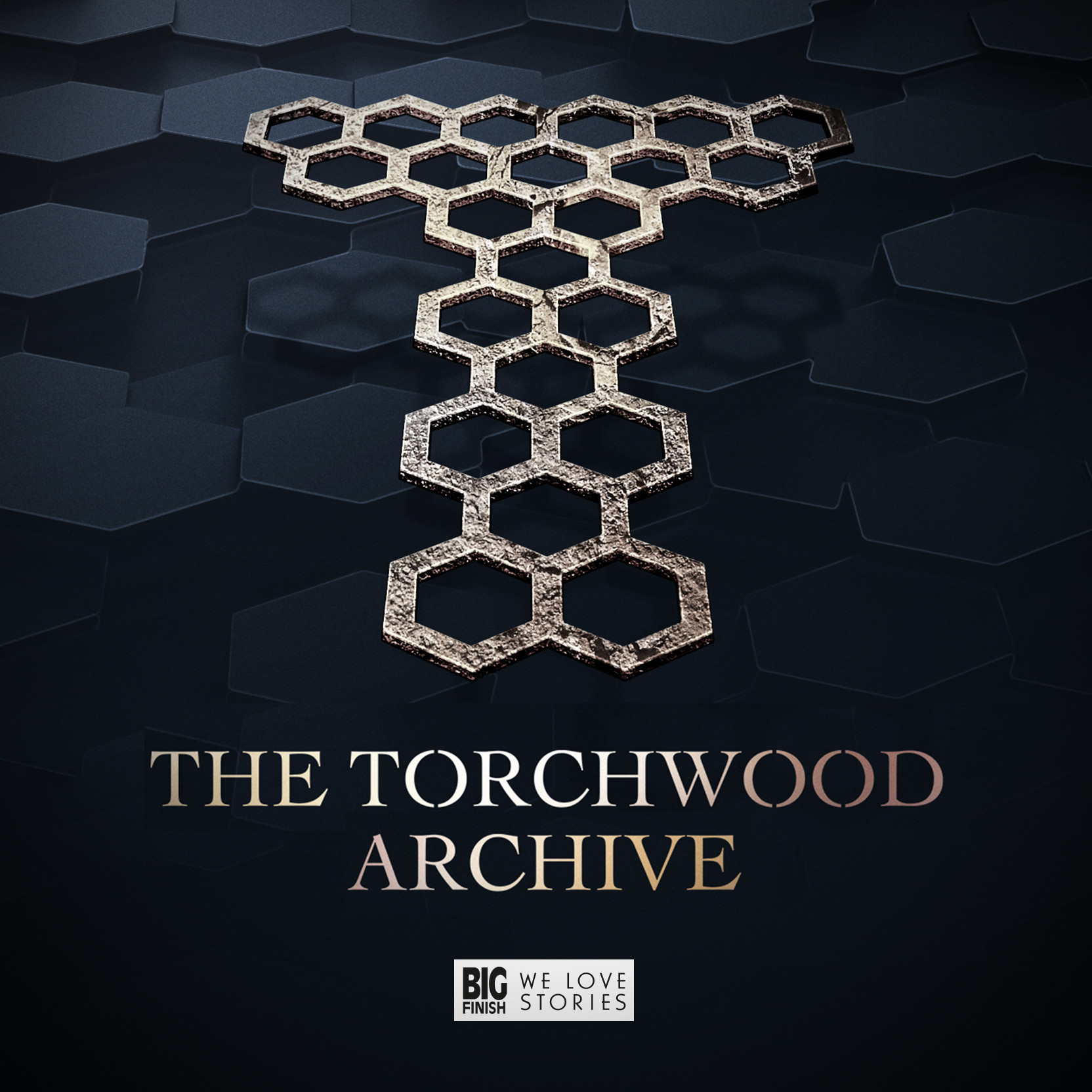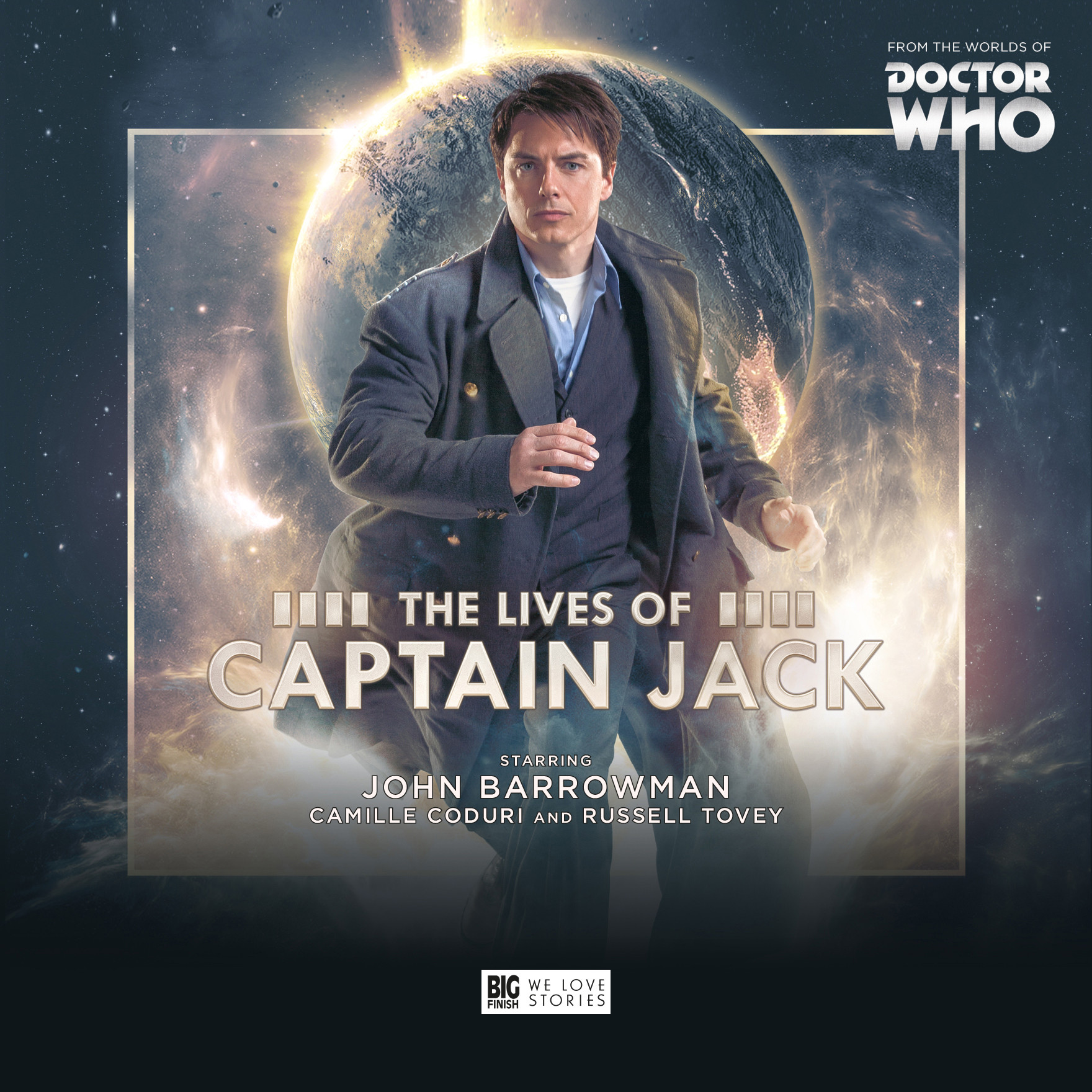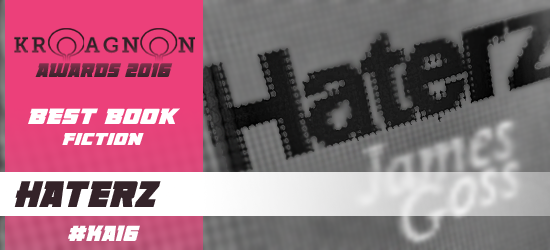Interview by Matt Michael
Eddie Robson is a writer of science fiction and comedy best known for his radio and audio work, particularly that related to his contributions to Doctor Who and its spin-off series. He has also written a number of fiction and non-fiction books including last year's novel Tomorrow Never Knows.
>
What are you working on at the moment?
I've been working on another episode of the CBeebies show Sarah & Duck, I'm writing a new Young Adult novel which isn't sci-fi or fantasy for a change, I'm writing a screenplay and pitching lots of stuff to TV and radio. It's been a quiet start to the year so I'm putting as many projects into motion as I can and hoping some of them come off.
>
I’ve read a blog where you talk about having the urge to write from being 12 or 13. Can you remember what particularly inspired you? And what has kept you writing for the last 25 years?
I think it was just a task in English at school which went particularly well - I wrote a story about the First World War, all very My First Story About Real Human Suffering - and my teacher got me to read it out and said "When Edward is a famous writer you'll all be able to say you knew him" which of course didn't endear me to my classmates at all, but I remember thinking yes, that IS what I want to do.
And it's still what I want to do, so that keeps me going. I love doing it - yes some days it's a grind, but I actually do enjoy the process, it's not some necessary evil I have to go through to attain the state of Having Written. That said, fear of failure drives me a lot. That's how I get all my spec stuff done. And I always feel like I haven't achieved much, really, and hope the best is ahead of me.
>
In the same interview you mention you saw yourself more as a ‘drama’ writer than a ‘comedy’ writer. What’s the distinction between them?
Jokes. A comedy has to be funny, and I often find it hard to develop new comedy ideas because it's hard to tell if a character or situation will be funny until you've written it, whereas in a drama you can tell whether it has a chance of working by sketching it out. That's what I find, anyway. It's possibly just the way I think that causes those problems for me: I can't start from character, it never works. I start from a scene, or a situation, or a high concept, and then work out who I see in it. Which I think is better suited to drama. But I do love writing funny lines.
>
Some of your earliest credits are on Big Finish's Bernice Summerfield range, and you stuck with Benny even after you were stacking up Doctor Who writing credits. What is it about her that keeps you keen?
I've always found her easy to identify with. Her insecurities ring very true, and you can give her funny lines all day long. Plus, her job generates stories very well. I like stories about long-dead things returning.
>
You went on to produce the Benny range in the late 2000s. How did the experience of production compare to writing? Would you ever be tempted to make the switch on a permanent basis, say to become a BBC Radio producer?
No. It'd take me away from writing, and I'm too old to make that switch anyway - most BBC producers have been doing it since their 20s, and I'm 37 now. The tiny experience of producing Bernice isn't preparation for what's expected there. I'm glad I did it, because I appreciate the difficulty of managing even a very small production, but I have no ambitions to move into that area permanently.
>
Most people will associate you with scriptwriting, particularly of [BBC Radio 4 sitcom] Welcome to Our Village, Please Invade Carefully. However, you’ve also written or co-written several factual books and a lot of short stories. How easy is it to switch between those different styles of writing?
I don't find it that hard. Thing is, you imagine that when you're writing professionally you'll be able to focus on one project until it's finished, but that never happens. I'm always doing several different things. Sometimes those will all be scripts, sometimes some will be prose, some will be non-fiction. I find it helpful to switch between things, it keeps you fresh. Writing is never really easy, and if it is it's probably a sign it's going badly and you just haven't noticed... but switching between projects, I don't find particularly more difficult than switching from reading a book to watching TV.
>
One of my favourite non-fiction Doctor Who books is Who’s Next, which is a kind of Discontinuity Guide for Generation Y. I particularly love its unwillingness to toe any kind of critical line, including the ‘new’ 1990s fan consensus of Good and Bad Stories. What ‘sacred cows’ did you enjoy slaughtering?
I tended not to cover those ones, but I'm glad we put the boot into
The Brain Of Morbius a bit, which I don't think is really that good.
Planet Of Evil, too. That season is held in high regard but has some terrible wobbles. We weren't that kind to season five, either, especially the beloved
Fury From The Deep. I wish I'd been harsher on
The Ice Warriors, which is really dreadful.
>
In 2005 you wrote your first Doctor Who audio, Memory Lane. You’ve got 20-odd years of Doctor Who fandom, plus a whole load of critical opinions in your head from writing Who’s Next – did any of that feed in to the play?
It can't not feed in, but I'm really not sure how. I know I like Doctor Who best when it's a bit abstract and weird - my favourites are things like
Enlightenment and
The Mind Robber - and that definitely fed into
Memory Lane. Imagery is important in Doctor Who, and that doesn't change on audio, you just approach it differently.
>
You went on to write another half-dozen Paul McGann audios. Were you more interested in the Eighth Doctor than the others?
Not especially more than the others, it's just that when
Memory Lane worked OK, they got me back in for more. I'm told Paul liked it, which helped. And then they started doing the BBC7 series, so there was suddenly a need for more material.
>
A lot of writers have talked about picking over the TV Movie for ‘clues’ on his character. What preparation did you do? How much did your knowledge of eight years of Eighth Doctor books influence how you approached him?
They did influence me a bit, in how they reacted against the Seventh Doctor being so Machiavellian. Their Eighth Doctor was more spontaneous, and I ran with that.
>
The Eighth Doctor and Lucie plays are still, in my mind, the single best range Big Finish has done: the first range that really took on the lessons of the revived TV series. You played a huge part in that, writing two of the four ‘season finales’, and introducing Tamsin. What are your views on the series now? What are you particularly pleased by?
Thanks, I'm glad you liked them. I do think they worked well. They made absolutely the right casting choice - at that point, Sheridan was still largely known for Two Pints Of Lager And A Packet Of Crisps, and though she was brilliant in that, she had a lot more in her, as we've all seen since. I saw her play Hedda Gabler at the Old Vic and she was amazing. She can do anything, and that's very valuable in Doctor Who, where the tone can shift very quickly. And I love the character. She's Alan Barnes' creation, but I was pleased to contribute some of the details. I came up with her surname! She was always fun to write, and became more so after we heard Sheridan's performance.
>
I think Situation Vacant is a perfect story: one of the most brilliant ways to introduce a companion. How much did you know about Tamsin before you started writing it, and how much developed during the writing of the play?
A lot was worked out in advance, and of course what we see in the play is not what she's really like, it's a front she's putting up for the interview. The brief was quite specific, though it was left up to me to work out how the Doctor got involved in it all! In fact, the best bit that developed in the writing was the really capable hotel receptionist, who lurks around looking like ideal companion material, then doesn't join in the end...
>
You haven’t written for McGann since. Is that a conscious decision? Now you’ve seen where he’s heading, in The Night of the Doctor, how might you approach the character today?
It's not a conscious decision - BF ask me to pitch for the slots, so they'll offer a TARDIS team and I'll come up with something. Now, it's interesting - we know where he's going, and the Time War is looming. Paul plays him brilliantly as a man standing against an unstoppable tide, trying to help but not really get involved. I really like that aspect of him.
>
More recently, you’ve also written several Davison plays including The Secret History. I think it has one of the great Doctor Who scenes, where the villain tempts the Doctor to save a man’s life with anachronistic drugs. How does writing for Davison differ from writing for McGann? Would that scene have played out differently? And how might you do it for Colin? Or David Warner’s Unbound Doctor?
I'm not sure to what extent I write them differently. The Doctor doesn't change that much, I think. Peter's Doctor is more questioning, Paul's is perhaps more flippant - but both would have the same moral sense, ultimately. That was the challenge of
The Secret History, really - find something Hartnell's Doctor would do differently!
>
I also remember you having a slight obsession with The Beatles, which must have played into Fanfare for the Common Men a fun job. You’ve also taken that interest into your first novel, Tomorrow Never Knows. I’m reading it at the moment, and even the first scene, with the talking trolley, made me laugh out loud. Going back to your old distinction between ‘comedy’ and ’drama’ writing, I feel that your plays and books are a blend of both. Do you now feel like you’ve squared that circle?
I think they've always overlapped. I was very influenced by dramas in the '90s that were funny, and sitcoms that didn't just hit the reset button every week. I always try to put humour in things. I suppose I divide these things because it's just easier to come up with a decent drama idea and then put some jokes in it, than it is to prove to someone that the thing you're pitching will definitely be funny. But it all overlaps. And it's always overlapped in Doctor Who. It's known for being scary and it's known for being funny. You need a bit of both.
Thanks to Eddie for his time. You can follow him on Twitter here.
 Arriving in the VERY NEXT MONTH is yet more Torchwood. This is a release to celebrate that it's a decade since the first broadcast of the classic first series, Series 1, back when the show used to be on the telly. The two disc epic entitled The Torchwood Archive is an epic spread across two discs and has been written by the wonderful Goss himself.
Arriving in the VERY NEXT MONTH is yet more Torchwood. This is a release to celebrate that it's a decade since the first broadcast of the classic first series, Series 1, back when the show used to be on the telly. The two disc epic entitled The Torchwood Archive is an epic spread across two discs and has been written by the wonderful Goss himself. 


























































